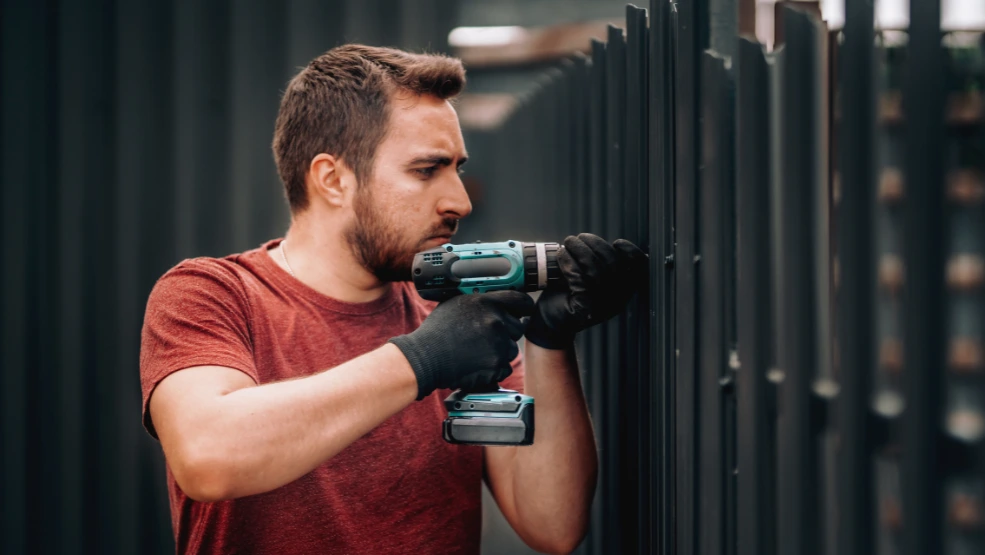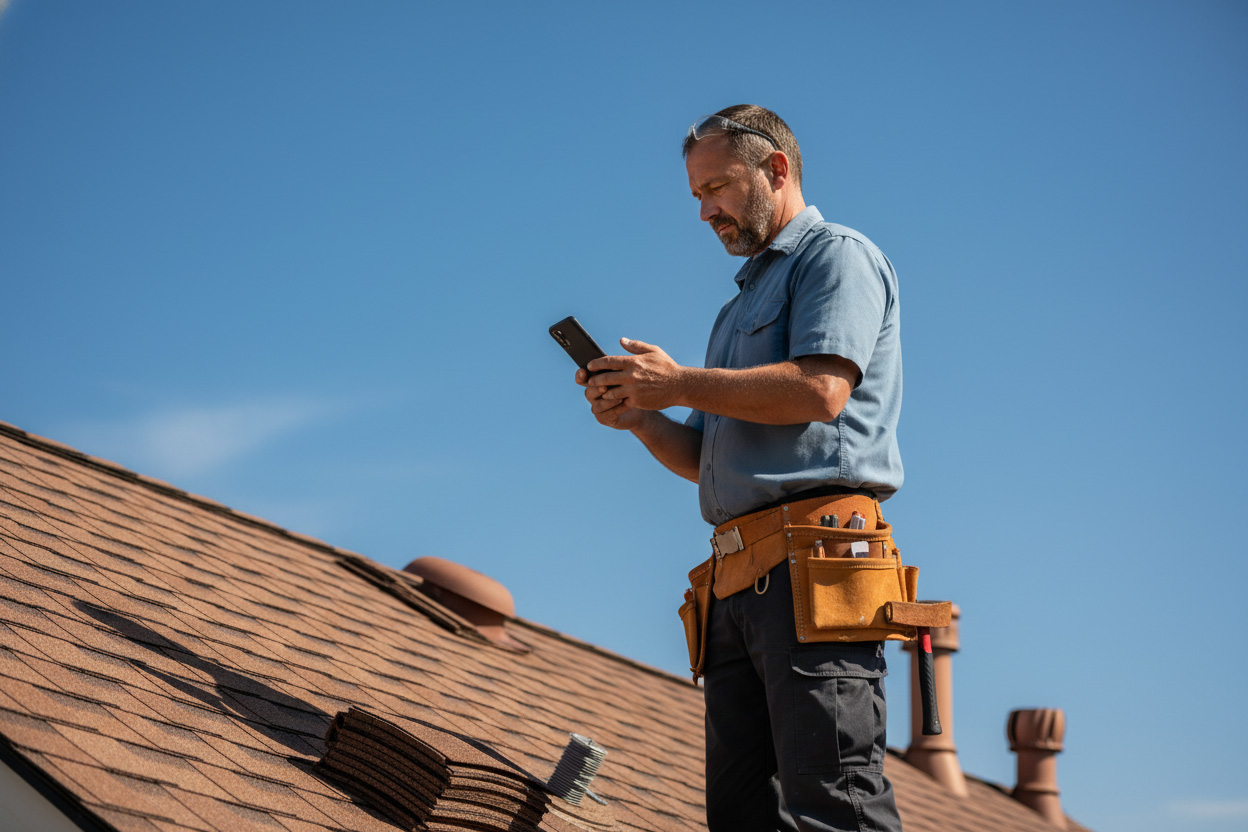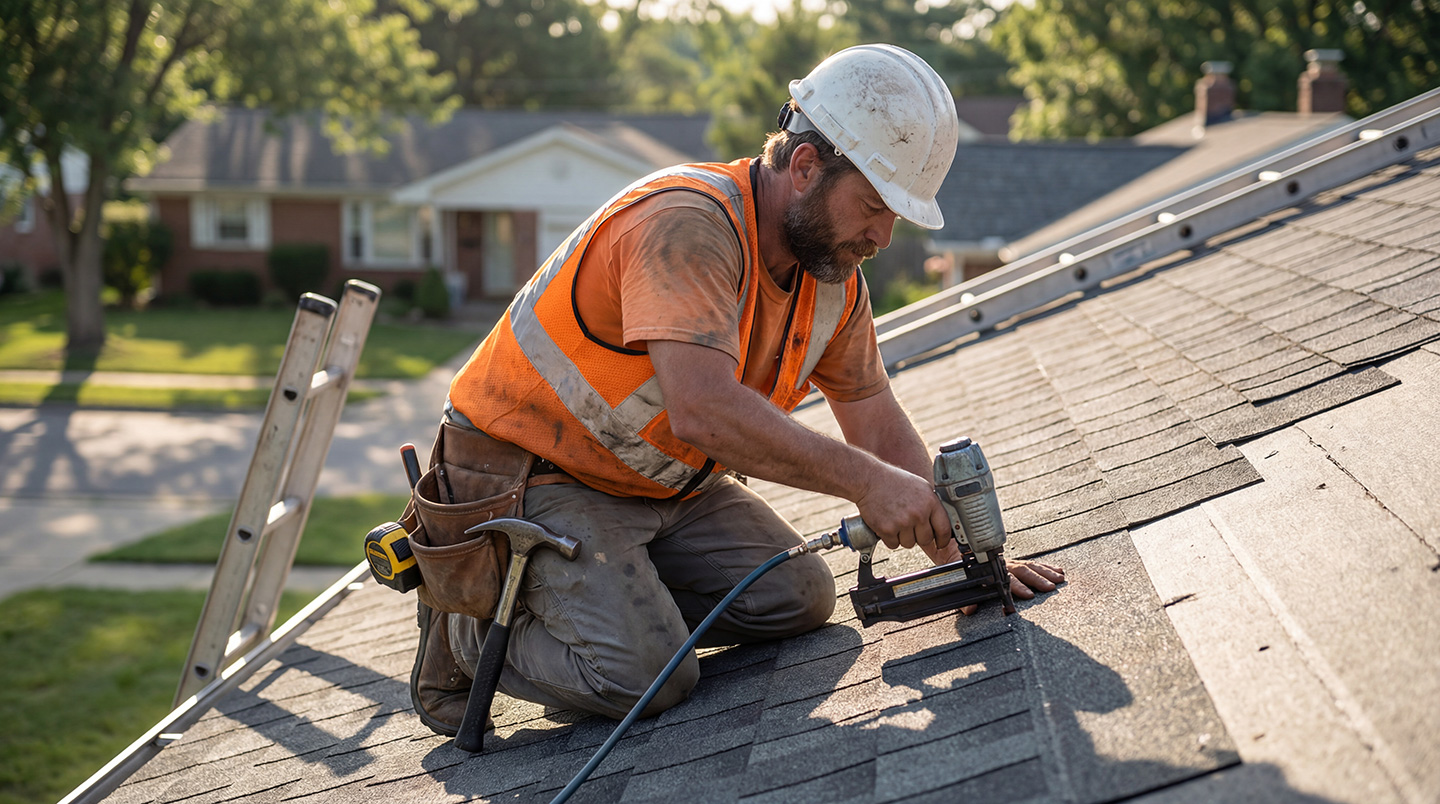Fencing is now the norm for security, privacy, and curb appeal. If you’re looking for a way to improve your home’s security, a fence can be a great deterrent to burglars. You’re probably thinking, how much does cost to install a fence? Well, there are a number of factors involved in the pricing of fencing installation. On average, the cost of privacy fence installation is $3,300, ranging from $1,600 on the lower end all the way up to $7,000 on the higher end.
Before you get started, take the time to read on; we’re about to dive into the intriguing world of fencing installation. In this article, we’re going to break down the cost of installing fencing. Let’s get started.
Factors affecting fencing cost
According to HomeAdvisor, the average cost of installing a fence in the United States in 2023 is $3,154. However, the cost can range from $1,786 to $4,546, depending on various factors. Let’s understand these factors and how they influence the price of installation.
Types of fences
1. Wood fences
One of the most popular options is wooden fences, yes, the cedar, the one in a reddish hue. It is made from wood fibers combined with plastic polymers, teak, and redwood. It would be an ideal choice if you want to install around pools. Cedar would be a budgetary choice as the average cost of installation would be around $5 to $20 per linear foot. The cost of installation can be lower if you go with cheaper woods; likewise, using custom woods may increase the cost substantially.
2. Vinyl fences
Vinyl may be the second-most expensive option, but proves its worth by demanding fairly low maintenance. They are also popularly known as PVC fences because of the material it is made from—polyvinyl chloride. Consider choosing thicker vinyl for optimal durability and minimal maintenance. The average cost of a vinyl fence installation ranges from $20 to $40 per linear foot. It may be a pricy comparatively, but it comes with long-term benefits.
3. Chain link fences
Chain link fences are one of the most popular types of fences on the market. They are made of galvanized steel or aluminum wire that is woven into a mesh. Chain link fences are strong durable, and would be a great choice for security purposes. They can also be used to make a yard or play area safer for pets and children.
4. Aluminum fences
Aluminum fences are a good middle-ground option between vinyl and chain link fences. They are more durable and attractive than chain link fences, but they are also more expensive. Aluminum fences offer a number of advantages, like low maintenance, durability, and versatility. The average cost of installing an aluminum fence would be around $48 per linear foot.
Materials used
Aluminum and metal fences are the most expensive, wrought iron fences, in particular. While a wrought iron fence is durable, it’ll be difficult to install it yourself, unlike steel, cast iron, or aluminum options. Aluminum and metal fences cost an average of $30 to $50 per linear foot to install.
The materials you choose can turn a fence from drab to fab. Cedar wood might make your wallet shiver, but it’ll last a lifetime. Meanwhile, pine is kinder to your bank balance but might need some extra care and maintenance.
Size of the fence
The size of the fence is one of the most important factors that affects the cost of installation. The longer the fence, the more materials and labor will be required, which will increase the overall cost. For instance, a 100-foot fence will typically cost more to install than a 50-foot fence.
Complexity of the installation
The complexity of the installation is another important factor that affects the cost. If the fence needs to be installed on uneven terrain or around obstacles, the installation will be more difficult and time-consuming, which will increase the cost. For example, a fence that needs to be installed around a pool or garden will typically cost more to install than a fence that is being installed on a flat, open yard.
9 Best Lawn Care Apps for Every Landscaping Business in 2023
Additional considerations
Permits
The cost of a permit to install a fence can vary depending on the location and the size and type of fence you are installing. In some areas, you may be able to obtain a permit online for a relatively small fee. In other areas, the permit process may be more complex and expensive. Be sure to check with your local building department to find out more about the permit process and its associated costs.
Maintenance costs
The maintenance costs of a fence will also vary depending on the type of fence you choose. Wood fences require the most maintenance, as they need to be stained or painted every few years to protect them from the elements. Vinyl fences are relatively low-maintenance, but they may need to be cleaned periodically to remove dirt and grime. Metal fences are also relatively low-maintenance, but they may need to be inspected regularly for rust and corrosion.
Warranty
Some materials and installations come with warranties. A warranty can give you peace of mind, knowing that your fence is covered in case of any problems. However, it is important to read the fine print of any warranty before you purchase it. Some warranties may have exclusions or limitations, so it is important to understand what is and is not covered.
The average cost of installing a fence
Cost of installing a fence by material

Cost of installing a fence by linear feet

DIY vs. Hiring professionals
Whether to DIY or hire professionals to install a fence depends on your budget, time constraints, skill level, and the complexity of the project.
DIYing a fence can save you money, but it is important to factor in the cost of materials, tools, and equipment. It is also important to have the necessary skills and experience to install a fence correctly. If you are not comfortable with DIY projects or if the fence is complex, it is best to hire a professional.
Hiring a professional can be more expensive, but it is a good option if you need your fence installed quickly and efficiently or if you do not have the time or skills to DIY the project. Most professionals offer a warranty on their work, so you can be confident that your fence will be installed correctly and will last for many years.
Ultimately, the decision of whether to DIY or hire professionals to install a fence is a personal one. Weigh the pros and cons of each approach and choose the option that is best for you.
Conclusion
Fencing costs aren’t one-size-fits-all; they’re more like a custom-tailored suit. By wrapping your head around the factors at play and considering those extra tidbits, you’ll make an informed decision that suits your budget and needs to a tee.
And remember, when it’s time to call in the cavalry—aka, professional fencing contractors—shop around for quotes like you’re treasure hunting. It’ll help ensure you obtain a quality result to stand the test of time without spending more than you have. So, are you ready to make your property the envy of the neighborhood? Grab that measuring tape, and let’s get started!




